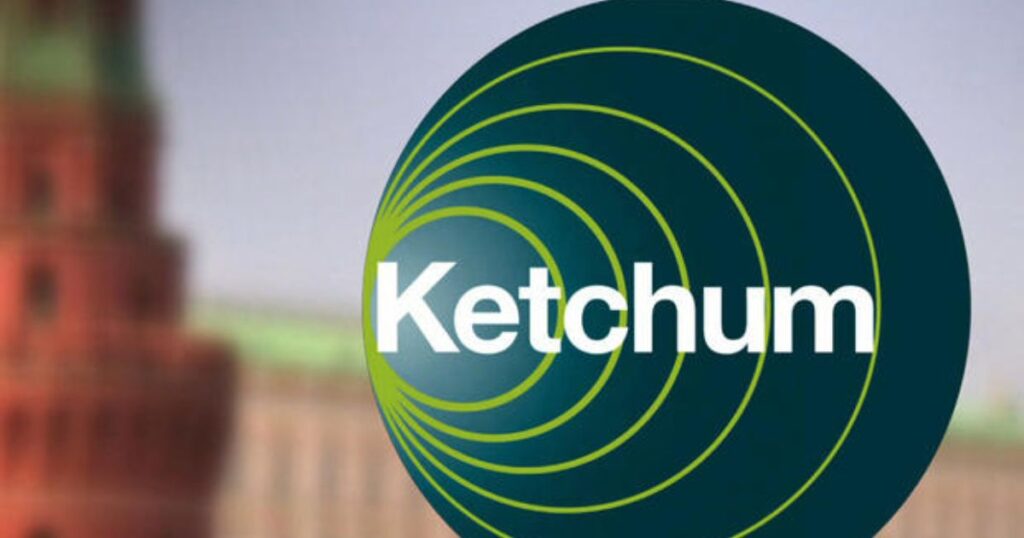In professional and casual communication environments, language continues to evolve, presenting opportunities to enhance our vocabulary with more sophisticated alternatives to common expressions. One such term that has gained traction in informal digital communication is “ketchum,” which warrants examination for its meaning and appropriate contextual usage.
This comprehensive analysis explores the significance of “ketchum” while providing strategic alternatives that enhance communication effectiveness across various professional and personal contexts. By the conclusion of this examination, you will possess eleven refined alternatives suitable for diverse communication scenarios.
What Does “Ketchum” Mean?
Ketchum Meanings
The expression “ketchum” represents a colloquial adaptation commonly encountered in digital communication platforms and informal messaging environments. This term functions as a phonetic abbreviation of “catch them” or “catch you,” primarily utilized in casual conversational settings or rapid typing scenarios.
The linguistic origins trace back to regional American dialects, particularly those characterized by consonant reduction in conversational speech patterns, especially during rapid or informal verbal exchanges.
Contemporary usage positions “ketchum” as an informal variation of “catch ’em,” predominantly appearing in text messaging, digital chat platforms, and casual online communication. While absent from standard dictionaries, the term maintains widespread recognition in modern digital discourse, typically conveying intentions of reconnection or casual farewell expressions.
Fundamentally, “ketchum” serves as a substitute for “catch you” or “catch them,” particularly when communicators seek to establish a relaxed, informal, or distinctive conversational tone.
However, comprehensive communication strategies require understanding multiple expression options that accommodate formal, casual, and professional contexts effectively. This necessity underscores the importance of developing versatile communication alternatives suitable for varying interpersonal and professional scenarios.
Exploring Polite, Professional, and Casual Alternatives

Effective communication demands contextual awareness, recognizing that colleague interactions require different approaches than conversations with personal acquaintances or family members. Certain expressions excel in corporate environments, while others prove more suitable for social gatherings or informal communications. The following analysis categorizes alternatives based on conversational context and intended tone.
1. Catch You Later
Among the most versatile alternatives to “ketchum” stands the phrase “catch you later.” This expression functions effectively in informal conversations, particularly when concluding interactions in relaxed, friendly circumstances. The phrase maintains balance between casual accessibility and professional appropriateness, making it suitable for diverse social and workplace situations.
Example applications include:
Professional departure: “Thank you for the productive discussion, catch you later.”
Casual farewell: “I need to attend another meeting now, catch you later.”
2. See You Soon
When communicating imminent reconnection expectations, “see you soon” provides an excellent alternative. This phrase carries more personal undertones compared to “catch you later” and typically appears when certain future interaction is anticipated.
Practical implementations:
Colleague interaction: “I appreciate your assistance today, see you soon.”
Meeting transition: “See you soon at the quarterly review, have a productive afternoon.”
3. Talk to You Later
For casual yet professionally appropriate alternatives to “ketchum,” “talk to you later” demonstrates exceptional utility. This expression works effectively in both written messages and verbal conversations while maintaining a more professional tone than “catch you later.”
Application examples:
Telephonic conclusion: “I must conclude our call now, talk to you later.”
Project coordination: “Talk to you later regarding the implementation timeline.”
4. Take Care
“Take care” represents a warm, courteous parting expression, especially effective when expressing genuine concern for someone’s wellbeing. This phrase adapts to both casual and formal environments and frequently pairs with complementary expressions such as “see you soon” or “talk soon.”
Usage scenarios:
Colleague departure: “It was excellent collaborating with you today, take care.”
Professional courtesy: “Take care, and enjoy your upcoming weekend.”
5. Until Next Time
This expression conveys anticipation for future engagement while maintaining professional decorum. The phrase balances friendliness with formality, making it appropriate for both business and personal contexts.
Implementation examples:
Client interaction: “Until next time, maintain your excellent progress.”
Team coordination: “Until next time, let us advance our strategic initiatives.”
6. I’ll Be In Touch
“I’ll be in touch” excels in professional situations requiring future follow-up or status updates. This phrase commonly appears in email communications and formal messages, indicating ongoing conversation continuation while establishing clear reconnection expectations.
Professional applications:
Business correspondence: “Thank you for your valuable time today, I’ll be in touch.”
Project management: “I’ll be in touch with comprehensive project details by tomorrow.”
7. Goodbye for Now
“Goodbye for now” expresses temporary departure while maintaining future interaction possibilities. This phrase carries slightly more finality than “see you later” while preserving opportunities for subsequent engagement.
Contextual usage:
Temporary departure: “Goodbye for now, let us reconnect shortly.”
Professional transition: “Goodbye for now, I will contact you momentarily.”
8. Until We Meet Again
This expression provides a formal or emotionally resonant farewell approach. It suggests eager anticipation of future meetings and frequently appears in ceremonial departures or significant event conclusions.
Appropriate contexts:
Formal departure: “Until we meet again, maintain your professional excellence.”
Significant farewell: “Until we meet again, prioritize your personal wellbeing.”
9. Catch Up Later
When departing conversations with continuation intentions, “catch up later” serves as an excellent alternative. This phrase suggests resuming previous discussion points and typically appears in casual professional conversations.
Usage examples:
Ongoing discussion: “Catch up later, we shall continue this strategic analysis.”
Professional coordination: “Let us catch up later, I must attend an urgent meeting.”
10. I’ll See You Around
“I’ll see you around” functions as a casual, somewhat indefinite farewell expression. This phrase works effectively when future meeting timing remains uncertain but anticipated workplace or social encounters seem likely.
Application scenarios:
Workplace interaction: “I’ll see you around the corporate office later today.”
Casual departure: “Maintain your productivity, I’ll see you around.”
11. Catch You on the Flip Side
This phrase introduces playful casualness while maintaining professional boundaries, often utilized in relaxed environments among colleagues or team members. Though informal, it adds distinctive character to standard farewell expressions.
Creative applications:
Team interaction: “Catch you on the flip side, maintain your excellent work.”
Casual departure: “I am departing now, catch you on the flip side.”
How to Choose the Best Alternative

Selecting optimal alternatives depends upon conversational context and interpersonal relationship dynamics with your communication partner. Consider this strategic framework for alternative selection:
Casual and Friendly Applications: Utilize expressions such as “catch you later,” “talk to you later,” or “catch you on the flip side” with colleagues, team members, or close professional associates.
Polite and Professional Contexts: Phrases including “take care,” “I’ll be in touch,” and “until next time” demonstrate appropriateness for formal business environments and client interactions.
Future Reconnection Emphasis: Expressions like “see you soon” and “until we meet again” convey positive anticipation regarding subsequent professional or personal interactions.
Each alternative possesses distinct nuances, and strategic selection ensures authentic, contextually appropriate messaging that enhances overall communication effectiveness.
Conclusion
In summary, while “ketchum” may serve as an informal, distinctive method of expressing farewell or future meeting intentions, numerous sophisticated alternatives exist for conveying identical sentiments with varying formality levels and tonal approaches.
Whether pursuing casual accessibility, professional courtesy, or formal business communication, these alternatives provide comprehensive options for enhanced expression. Through strategic phrase selection, you can elevate communication standards, adapt effectively to diverse professional situations, and establish memorable positive impressions that strengthen business relationships and personal connections.

Hello, I’m Daisy Sadie, a writer at Azaadpuns. I explore the dynamic world of puns and wordplay, delivering captivating linguistic twists that will make you laugh and groan. Join me on Azaadpuns.com for the latest in clever wordplay that makes language fun again.

